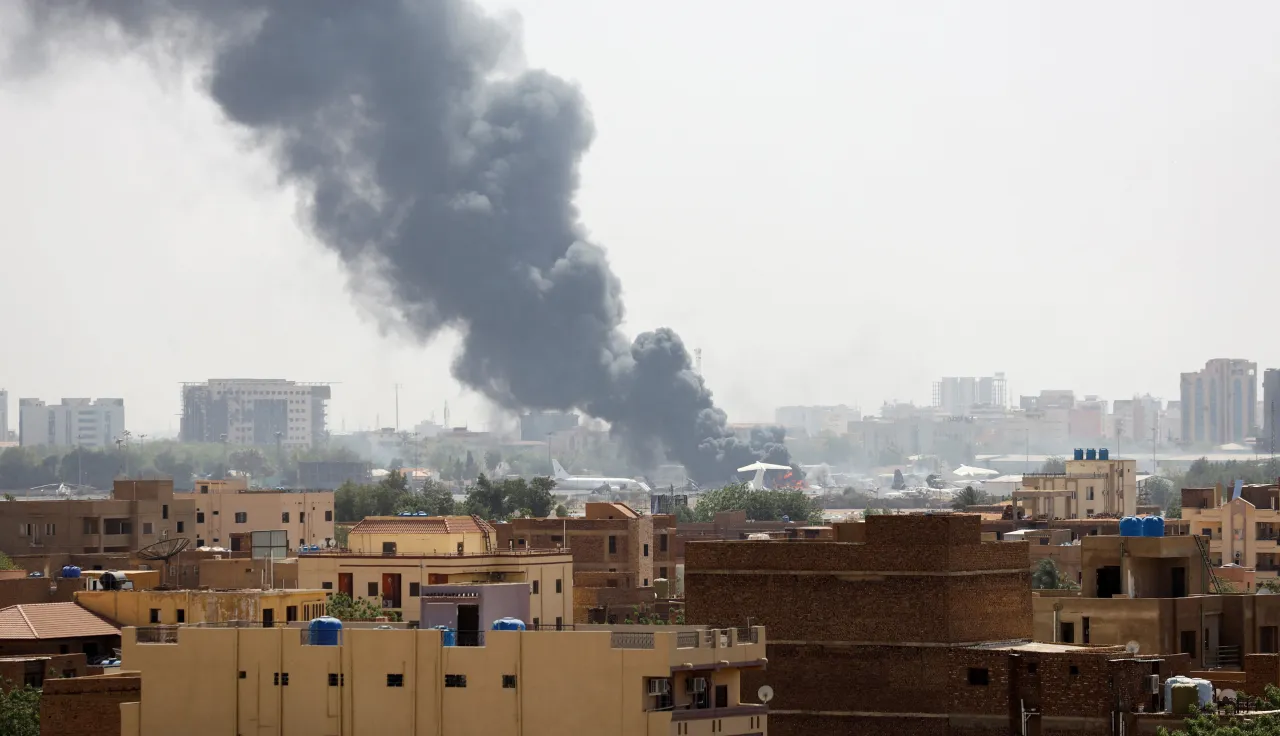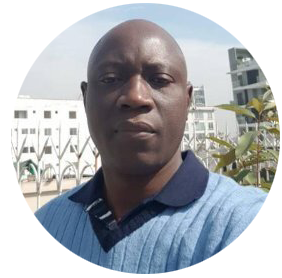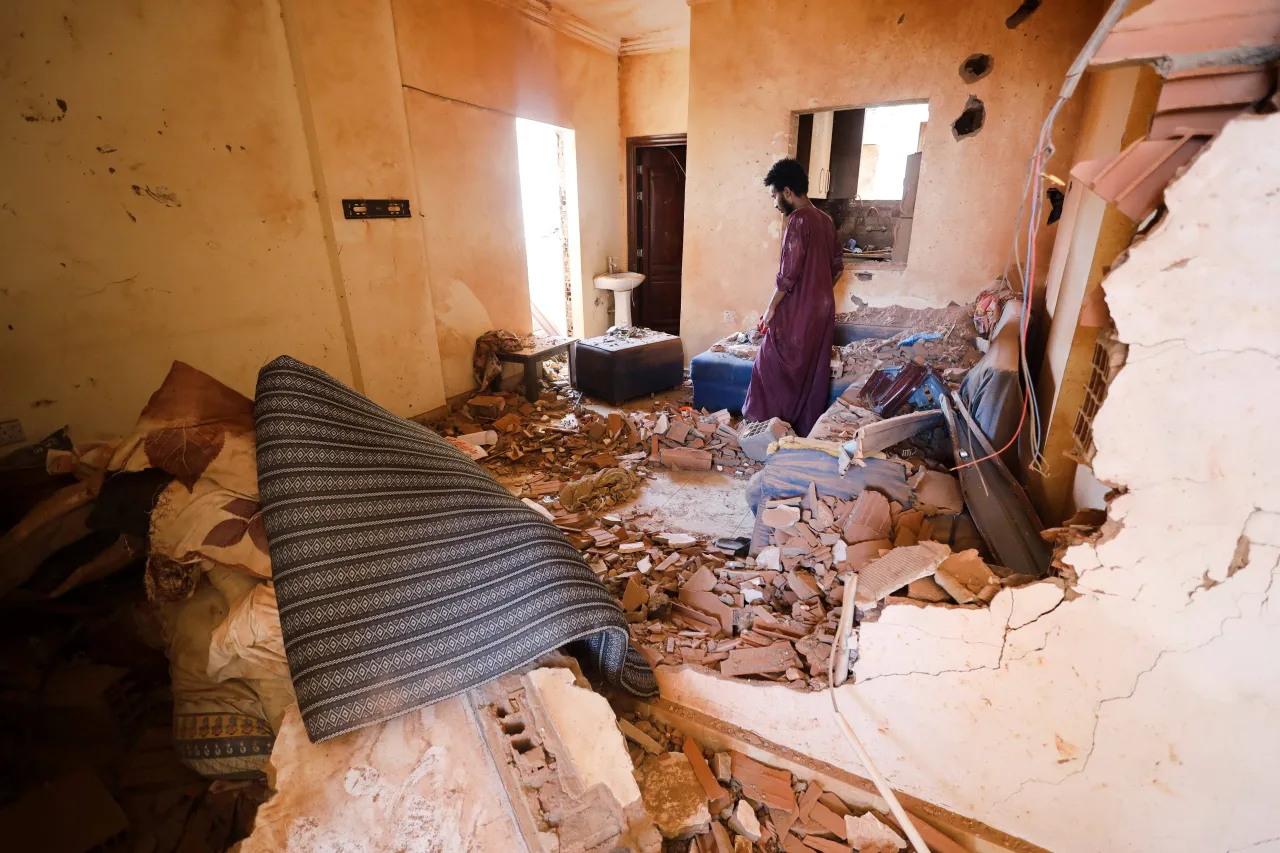Diary from Sudan

Germain Mwehu, the spokesperson for the International Committee of the Red Cross in Sudan, shares how life for him and people in Khartoum was upended by violence on 15th April.
Germain Mwehu, the spokesperson for the International Committee of the Red Cross in Sudan, shares how life for him and people in Khartoum was upended by violence on 15th April.

It all started with a phone call. A colleague reached out to warn me that something was happening. Before I could even ask what that something was, I heard explosions and gunfire in the background.
Many people across Sudan have been living in conflict or fleeing violence for so long that fear is normal for them now.
But since fighting erupted in the capital, I am now surrounded by anxious and exhausted families, many with young children who huddle together in hopes of safety. I hear from desperate mothers who don't know how to comfort their babies or what tomorrow will bring.
When bullets are flying around you, life comes to a standstill. Schools, hospitals and markets, just recently buzzing with activity, have now gone quiet. Streets are empty.
We – all of us, Sudanese residents, humanitarian workers -- shelter where we can, wondering what lies ahead. It's terrifying to think what could happen if we venture outside.
The internet cuts in and out. Electricity comes and goes, too. The sound of air strikes – dreadful booms that fill everyone with fear and uncertainty – have become too familiar too quickly.
With the Muslim holiday of Ramadan fast approaching, it's a particularly painful time for many here to be separated from loved ones. People had been looking forward to gathering and sharing festive meals. Sadly, many families who had just begun to travel to celebrate together are now caught up in the fighting at the airport.
The humanitarian situation keeps me up at night. Hospitals are running out of not just food, but medicine too. It's a matter of life and death that we deliver help. This is what people need most urgently.
One challenge we now face is how to move our teams in Khartoum safely so that we don't put any driver, ambulance nurse, patient, or humanitarian worker in harm's way. Amidst intense fighting, danger lurks around every corner. making it difficult to get to hospitals that urgently need our help. The fate of patients in those hospitals worries me deeply. Every day, we ask, push and negotiate to reach them.

A man looks at belongings inside a damaged house during clashes in Khartoum, Sudan April 17, 2023.
This is the kind of work the ICRC has done across Sudan for years -- since 1978 in fact, often working together with the Sudanese Red Crescent Society. The recent spike in violence hasn't only touched Khartoum, but bouts of violence have broken out in several places around the country, including in the western region of Darfur. The ICRC in recent days delivered medical kits to treat people suffering from blast and bullet wounds to Al Fasher and Zalingei hospitals in Darfur, a moment of pure joy for me and the entire team.
We will do even more in the coming days.
We live for these moments – bringing relief and hope to patients who have already endured so much. Together, we can make a difference.



